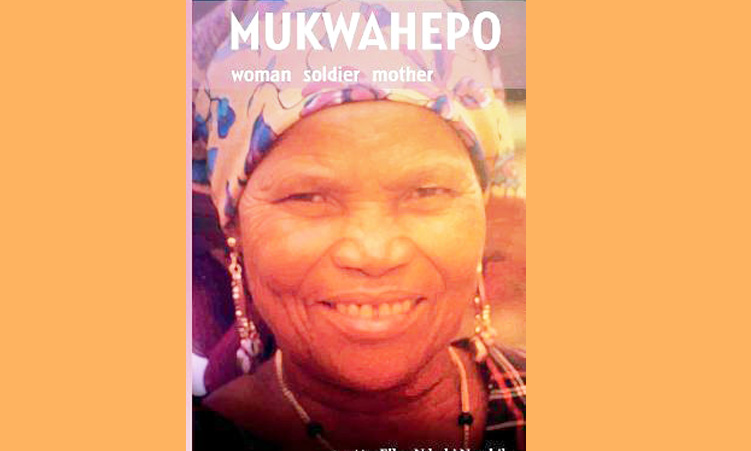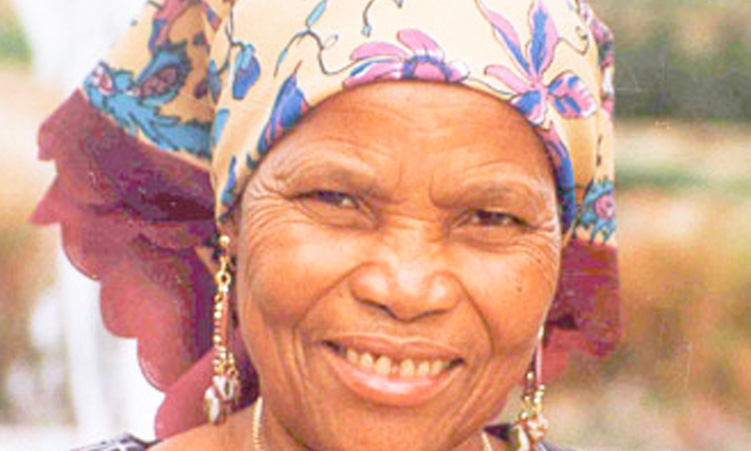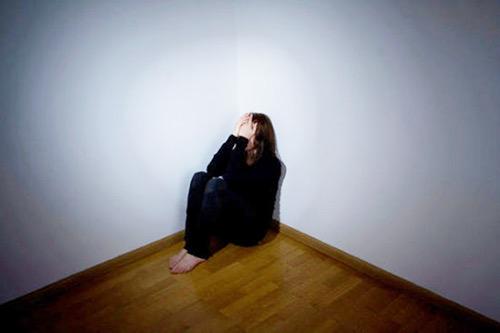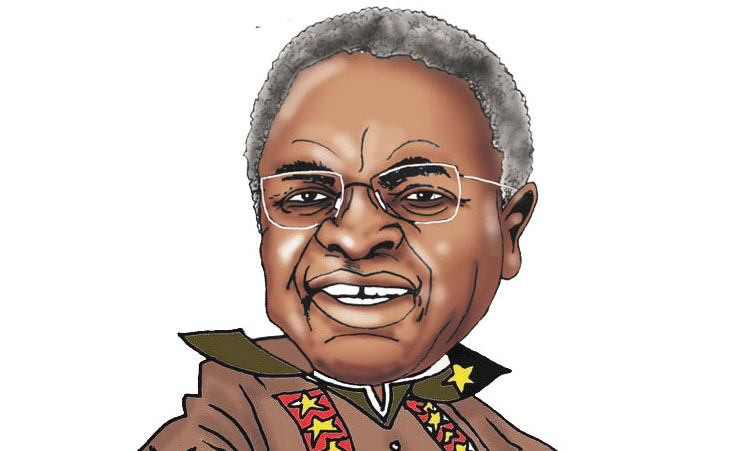As we celebrate both the thirty-fifth year of independence and our first female president, we have a chance to look back on a Namibian liberation hero often forgotten.
Told to Namibian author Ellen Namhila through a series of interviews, ‘Mukwahepo: Woman, Soldier, Mother’ tells the story of Aguste ‘Mukwahepo’ ya Immanuel – the first woman to join the People’s Liberation Army of Namibia (Plan), Swapo’s military wing.
Born in 1937 in a Namibia ruled by the South African apartheid regime, Mukwahepo’s life was seldom without hardships.
“It was not easy being married at the age of seventeen [… Nakale was an older man, and the senior wives were my mother’s age and were much more experienced [… I obeyed my elders and suffocated in the marriage,” she recounts.
“They called me Mukwahepo to tease me because of my situation – a woman alone in a military training camp; a woman among men in the liberation struggle movement,” she recalls.
“I too had my fair share of dreams, but none of them came true.”
After independence, Mukwahepo returned to a free Namibia – and to a life of poverty.
Most of her family, including her mother, had died while she was in exile. With no formal education, she remained unemployed.
“Repatriation was easy. Reintegration has been extremely difficult, mainly because poverty has separated us from our own people.”
The Namibian government honoured her as a hero with a medal; one she could not use to feed the children that lived with her in a container.
“I was a recognised national hero with an empty stomach.”
It was only in 2006 that Mukwahepo received a two-bedroom house, furnished by then prime minister Nahas Angula.
Eventually, she also benefited from a lump sum paid to veterans of the liberation struggle – highlighting the importance of such support systems.
When she died in 2018, she was given a state funeral.
“Our dear comrade Mukwahepo understood that for Namibians to live as free and independent people, they had to be willing to die for that independence,” president Hage Geingob said at her memorial service.
Mukwahepo’s story is an important part of Namibian history, and as women are often left out of history, this book should be a staple of Namibian bookshelves.

Praise has to go to Namhila for the way she chose to tell Mukwahepo’s story – which was for Mukwahepo to tell us her story herself.
The book reads as if the reader is sitting at a fire, with Mukwahepo reminiscing on who she was, what she did and who she met.
This is something to be grateful for, as not much can be found online about her – a problem considering this is how younger Namibians find their information.
Mukwahepo’s name never appeared in any of my high school history lessons or textbooks, and while this is the case for thousands of liberation heroes, it should not be so for the first female Plan soldier, the first woman to undergo military training with Swapo – a woman who spent nine years as the only female in Swapo’s Kongwa camp in Tanzania.
As a Namibian that has always known freedom, I have shed tears learning about the history of our country and seeing all that Namibia has achieved.
But nothing has brought me to tears more than learning about Mukwahepo and the woman, soldier and mother she was.
‘Mukwahepo: Woman, Soldier, Mother’ as told to Ellen Namhila, is available at Book Den and Unam Press.
Stay informed with The Namibian – your source for credible journalism. Get in-depth reporting and opinions for
only N$85 a month. Invest in journalism, invest in democracy –
Subscribe Now!










